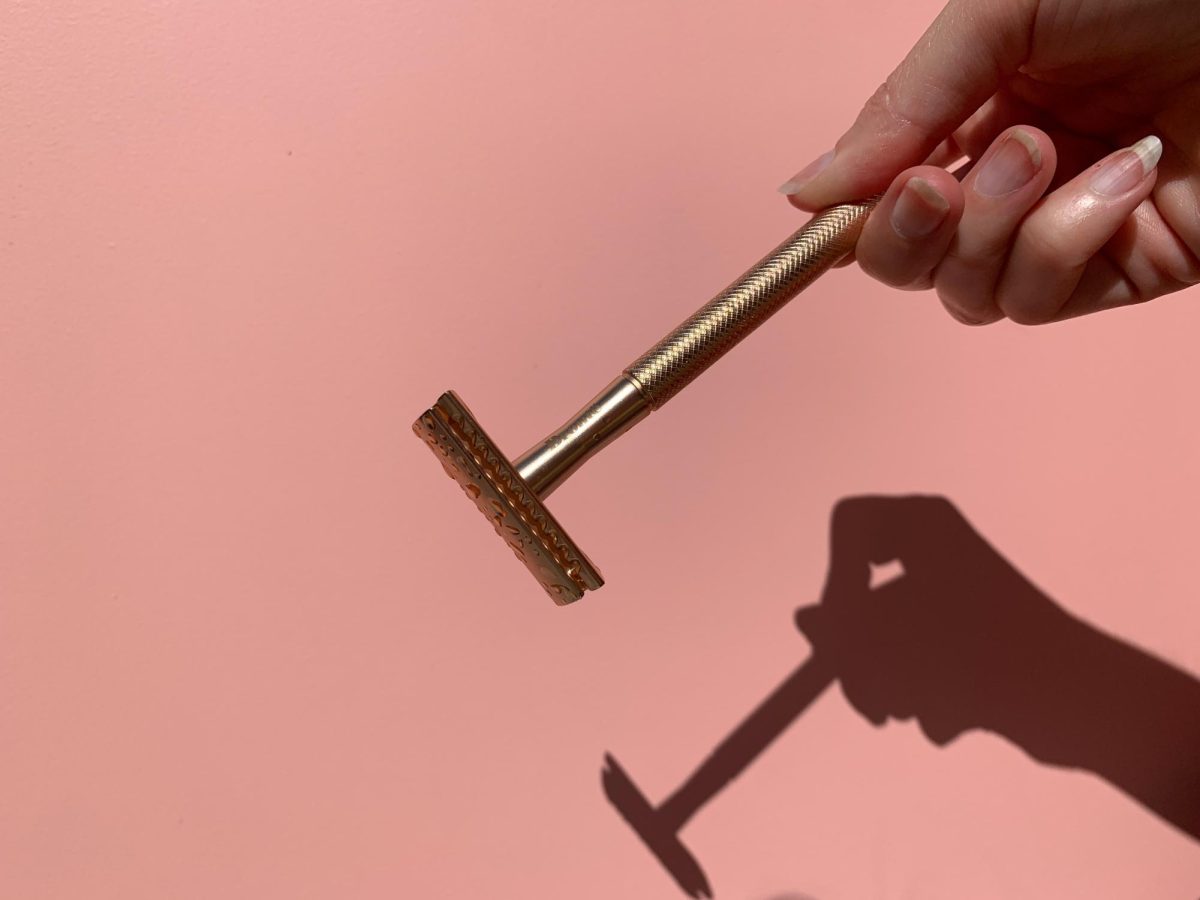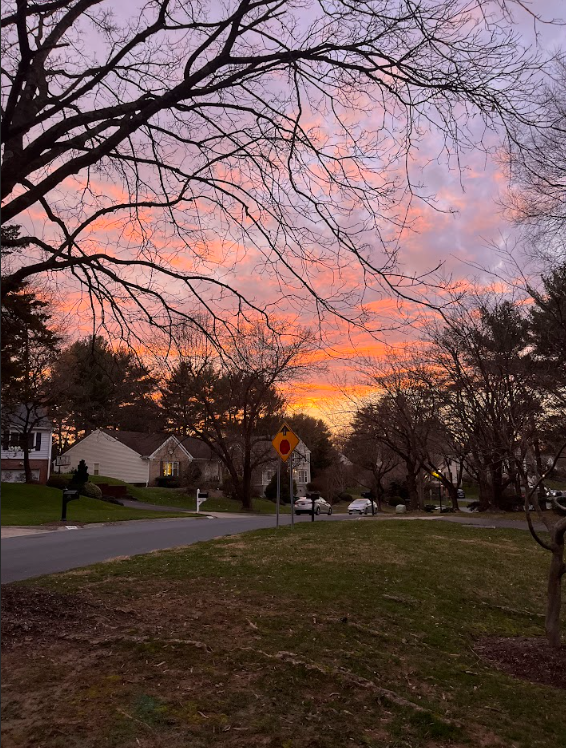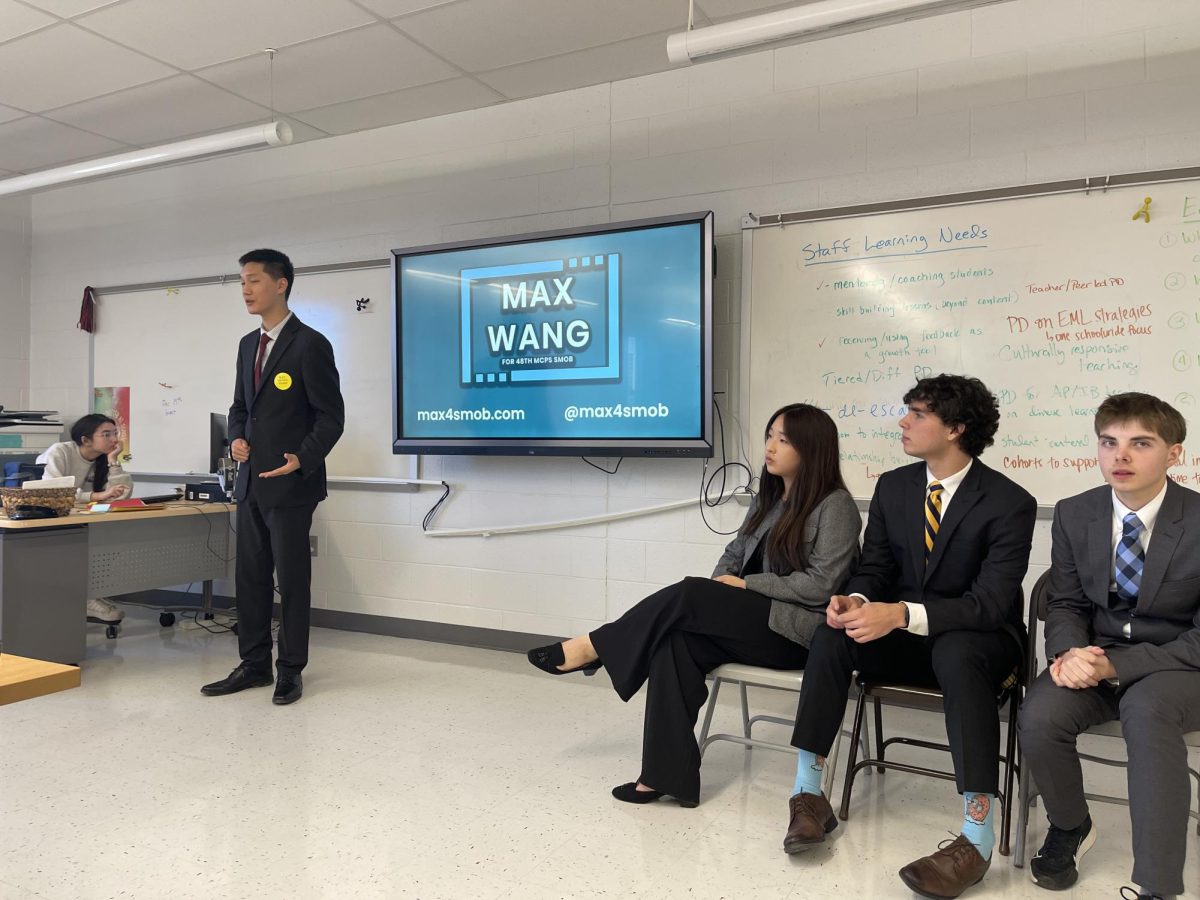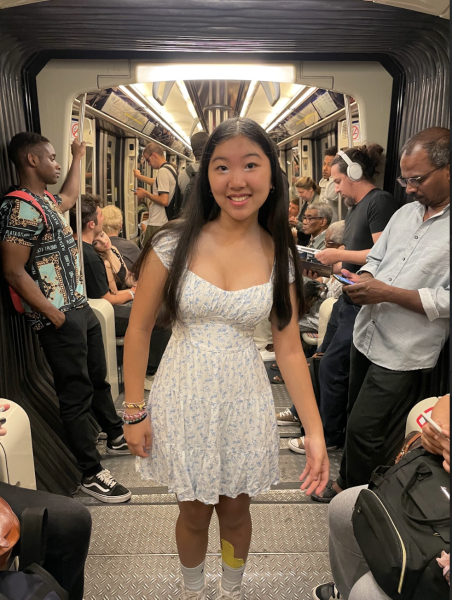To shave or not to shave? That is the question more and more girls are considering without regard to societal norms. As the pro-body hair movement grows in momentum in mainstream Hollywood, social media circles and even high schools across the country are joining the conversation. The appeal? Girls are finding the movement empowering and allowing themselves to feel more comfortable in their own skin.
A long-standing perception has been ingrained in society that women should be clean-shaven and smooth, with many women having been conditioned to believe that having body hair is unattractive and manly.
“There is such a negative stigma to women choosing not to shave their body hair because women are always expected to shave; society has made the idea that body hair on women is disgusting,” WCHS sophomore Allison Chan said. “Women must be more feminine and being clean-shaven is a main way to look cleaner and prettier.”
For decades, girls have been bombarded by commercials, movies and magazines to conform to certain beauty standards emphasizing smooth, hairless skin. Women of all ages have felt the pressure to keep up with these standards, but have finally had enough. A quiet revolution has begun for women to take back control of their own bodies.
“Societal norms and beauty standards are definitely behind women shaving their body hair,” Chan said. “Women now are going against it and standing up and I think they’re really brave for doing that.”
Gen Z in particular has played an important role in sparking the body hair debate. Young adults are gathering on popular social media apps like TikTok with popular hashtags such as #bodyhairisnatural and #NaturalBeuaty that are going viral with over 100 million views. Social media influencers are also promoting their all-natural look and helping to normalize body hair, which has been a significant step in changing the discourse around the topic.
“I think social media plays a role in women not shaving their body hair because there are so many celebrities and social media influencers who are sharing pictures and videos showing off their body hair and [emphasizing] the fact that you don’t have to do what everyone else does,” WCHS sophomore Evelyn Wang said.
It is important to note that despite its recent rise in popularity, the body hair movement has been an uphill battle to fight beauty standards. Many young adults can feel ostracized even within their own circle of peers or family because they choose to have body hair.
“Sometimes when I forget to shave, I’ll wear long pants so I don’t feel self-conscious that I have hairy legs,” Wang said. “Also, when I go to the beach or pool my mom will always remind me to shave before I go out.”
It is a sign of changing times that while some women feel judged or shamed because of their body hair, others feel more encouraged to continue challenging beauty standards. Choosing not to shave has helped normalize body hair and go against societal pressures for women of all ages.
“I feel like more and more girls have been shaving less,” Chan said. “It shows that having body hair is natural and that we shouldn’t be embarrassed to have it because of what society believes.”
This current body hair movement goes beyond hairy legs and underarms. Women are redefining beauty on their own terms with the freedom to make personal decisions without judgment. This in turn results in greater self-confidence and a sense of empowerment for all women, and is a landmark change of perspective.
“I like the fact that I can be myself and I can make my own decision whether to shave or not,” Wang said. “Women who make that decision not to shave are still beautiful.”









